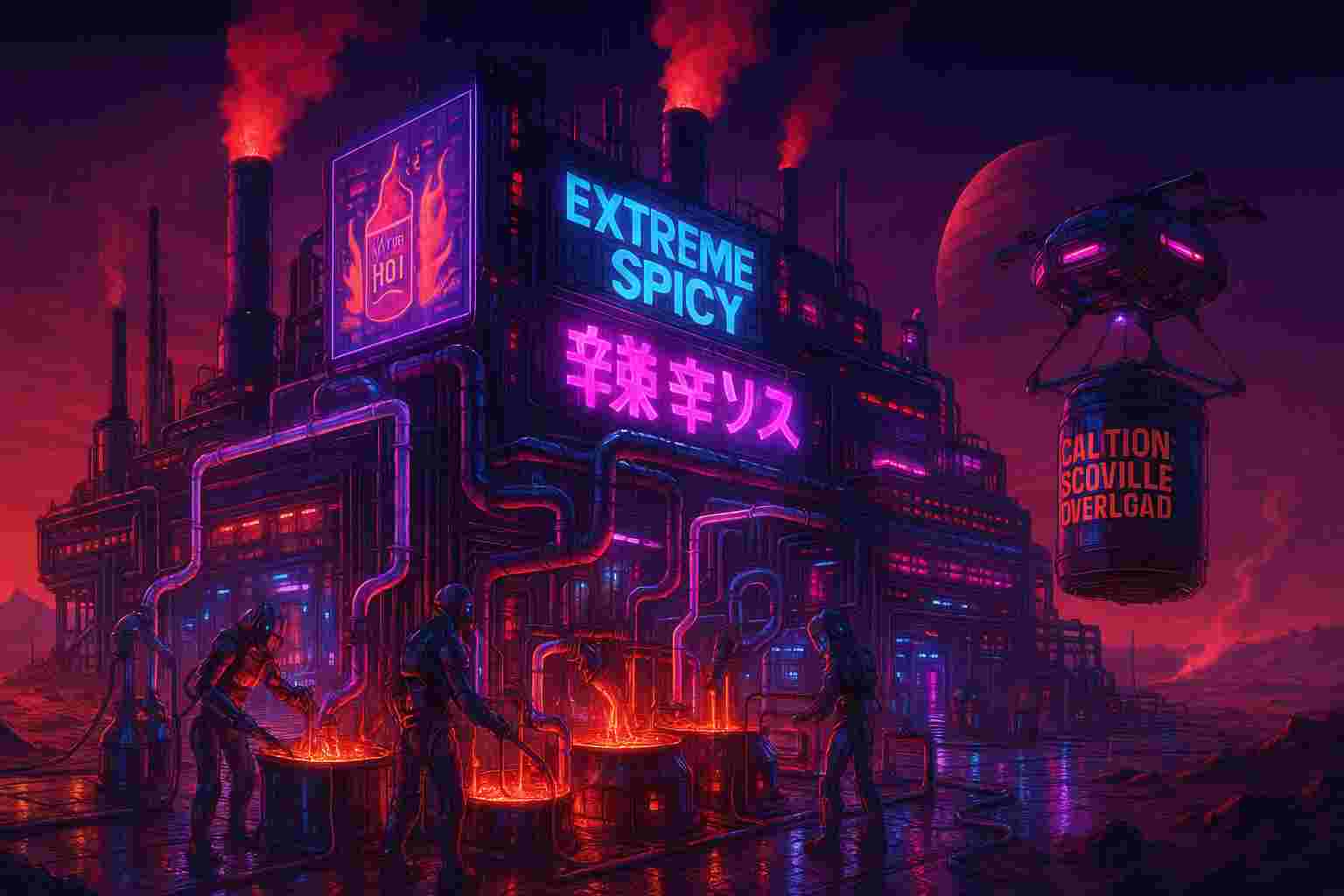What’s Really Inside Your Fast Food Chicken Nuggets? A Deep Dive Into Ingredients (Especially the Artificial Ones)
Chicken nuggets—those crispy, bite-sized morsels that many of us love to dip in sauce—have become a fast food staple. But have you ever stopped to think about what exactly goes into your order of nuggets? While they may taste delicious, the ingredients behind these golden treats are not as simple as they appear.
In this post, we’ll take a closer look at the ingredients (especially the artificial ones) that go into the chicken nuggets served at fast food chains. From breading to flavoring, some surprising things might be hiding in your favorite fast food snack.
The Chicken: Is It Really Just Chicken?
Let’s start with the main event: the chicken. Most fast food chains advertise their nuggets as being made from “100% chicken breast.” But the reality is that the chicken meat used in nuggets often includes more than just the white breast meat. In fact, many chains use a mix of white meat and mechanically separated chicken (MSC). MSC is a paste-like substance created by forcing chicken bones through a sieve to separate the meat from the bones. This processed meat can be found in many budget-friendly products, including chicken nuggets.
The Breading: More Than Just Flour
The breading on your chicken nuggets is what gives them that signature crunch. But it’s not just made from plain old flour. Fast food chains often use a combination of flour, cornstarch, and breadcrumbs to coat the nuggets, and sometimes, they add various starches like modified food starch or rice flour to create a more uniform, crispy texture.
However, it’s the artificial ingredients in the breading that may be cause for concern. For example:
Sodium bicarbonate: More commonly known as baking soda, it helps the breading become crispier. While it’s not inherently harmful, excessive consumption can lead to sodium overload.
Artificial colors: Some fast food nuggets contain artificial coloring agents like Yellow 5 or Yellow 6, which are used to enhance the golden hue of the breading. These colors, while approved by the FDA, have been linked to hyperactivity in children and potential long-term health concerns when consumed in large quantities.
Autolyzed yeast extract: This ingredient is commonly used to add flavor but can sometimes be a source of glutamate, which may trigger headaches or allergic reactions in some individuals.
The Fillers: What’s Filling Up Those Nuggets?
To keep costs down and improve the texture of the nuggets, manufacturers often add fillers. These are not necessarily harmful in small quantities but can make you question whether you’re actually eating whole chicken.
Textured vegetable protein (TVP): Made from soy or other plant sources, TVP is often added to chicken nuggets as a binder. While it’s technically plant-based, it’s not the same as the real meat you’re expecting in your nugget.
Corn syrup: This sweetener is often added to both the breading and the filling to improve the texture and enhance flavor. However, its high sugar content can contribute to unnecessary calorie intake.
The Seasoning and Flavoring: Artificial Boosters
While some fast food chains may use natural seasonings, many nuggets are heavily flavored with artificial additives to enhance their taste and preserve their shelf life. Common artificial flavoring and additives include:
Monosodium glutamate (MSG): A well-known food additive, MSG is used to enhance umami flavor. While many people consume it without any noticeable side effects, others report headaches and allergic reactions when ingesting it.
Natural and artificial flavors: These ingredients often sound harmless, but they’re usually complex combinations of synthetic chemicals designed to mimic real flavors. For example, the “chicken flavor” in a nugget might come from a blend of artificial compounds like acetoin (a butter flavor) or ethyl butyrate (a pineapple-like flavor).
Citric acid: While it occurs naturally in citrus fruits, in processed foods, citric acid is often added to improve the shelf life of the product. It’s a common preservative and acidity regulator but is not always necessary in a freshly prepared product.
The Unseen Chemicals: Preservatives and Additives
Fast food chicken nuggets are designed for longevity, which means they often come with a host of preservatives to prevent spoilage and ensure the nuggets can withstand long hours on the shelf. These preservatives can include:
BHA/BHT (Butylated Hydroxyanisole/Butylated Hydroxytoluene): These are synthetic antioxidants used to prevent fats in the nuggets from going rancid. While generally considered safe in small amounts, there have been studies linking high levels of BHA/BHT to cancer in lab animals.
TBHQ (Tert-butylhydroquinone): Another preservative commonly found in fast food products, TBHQ is added to extend shelf life. It has been linked to potential negative health effects when consumed in large quantities, including contributing to neurotoxic effects.
What About the Dips?
Let’s not forget the sauces. While they might seem harmless, many of the dipping sauces that come with chicken nuggets are packed with their own list of artificial ingredients:
High-fructose corn syrup (HFCS): Commonly found in dipping sauces, HFCS is a cheap sugar substitute linked to obesity and other health issues.
Preservatives like sodium benzoate: Often found in sauces to keep them from spoiling, sodium benzoate is a chemical compound that, when combined with certain other ingredients, can form benzene, a carcinogenic substance.
So, Should You Stop Eating Chicken Nuggets?
Not necessarily! Fast food chicken nuggets, like many processed foods, are okay to enjoy in moderation. However, it’s crucial to understand what goes into them and be mindful of what you’re eating. Many of the ingredients listed above are safe in small amounts, but regularly consuming products loaded with artificial additives, preservatives, and flavor enhancers can negatively affect your health over time.
If you’re looking to make healthier choices, consider seeking out places that offer freshly made, minimally processed chicken options. You can also try making your own chicken nuggets at home, using real chicken, natural seasonings, and healthier cooking methods like baking instead of deep-frying.
Conclusion
Chicken nuggets may seem like a simple comfort food, but the reality is that they’re often packed with artificial ingredients designed to enhance flavor, texture, and shelf life. While enjoying them occasionally is fine, it’s essential to be aware of what you’re really eating—and perhaps even explore healthier alternatives.
Stay informed, and always check the ingredients list on your fast food menu. Your body will thank you later!







